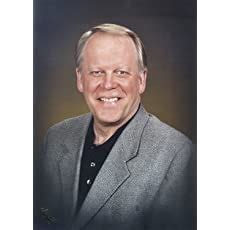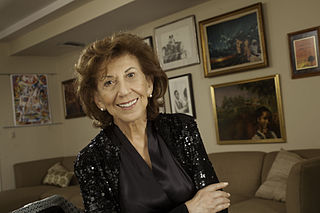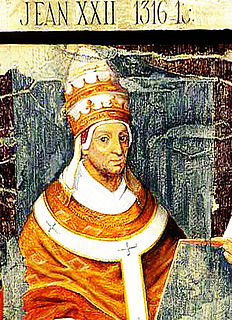A Quote by SebastiAn
How do you know the chosen ones? No greater love hath a man than he lay down his life for his brother. Not for millions, not for glory, not for fame... for one person. In the dark. Where no one will ever know or see.
Related Quotes
Adam Brown’s zest for life led him down a few dark alleys and more than one dead end. Kind-hearted and wild, Adam led a life that lacked direction. God, a woman, and the U.S. Navy gave it to him. FEARLESS is a love story...several love stories: a man for his woman, a warrior for his team, parents for kids, and soldiers for their country. There is no greater love than that a man lay down his life for his friends. Be warned—reading FEARLESS will change the way you see the world.
When we ponder that vast throng who have died honorably defending home and hearth, we contemplate those immortal words, 'Greater love hath no man than this, that a man lay down his life for his friends.' The feelings of heartfelt gratitude for the supreme sacrifice made by so many cannot be confined to a Memorial Day, a military parade, or a decorated grave.
'Greater love has no man than this that a man lay down his life for his friends' (Jn. 15:13). In truth if someone hears an evil saying, that is, one which harms him, and in his turn, he wants to repeat it, he must fight in order not to say it. Or if someone is taken advantage of and he bears it, without retaliation at all, then he is giving his life for his neighbor.
...it is proper that the duty of helping the poor and unfortunate should especially stir Catholics, since they are members of the Mystical Body of Christ. In this we have come to know the love of God, said John the Apostle, that He laid down His life for us, and we likewise ought to lay down our life for the brethren. He who has the goods of this world and sees his brother in need and closes his heart to him, how does the love of God abide in him? (1Jn 3:16 17)
How much can we ever know about the love and pain in another's heart? How much can we hope to understand those who have suffered deeper anguish, greater deprivation, and more crushing disappointments than we ourselves have known? Even if the world's rich and powerful were to put themselves in the shoes of the rest, how much would they really understand the wretched millions suffering around them? So it is when Orhan the novelist peers into the dark corners of his poet friend's difficult and painful life: How much can he really see?
When the sacredness of one's word is matched in the attributes of his character throughout, all that constitutes a man, then we find that there is something in a man's life greater than his occupation or his achievements; grander than acquisition or wealth; higher than genius; more enduring than fame.
If a person is cold and rigid, he feels within himself as if he were in a grave. He is not living, he cannot enjoy this life for he cannot express himself and he cannot see the light and life outside. What keeps man from developing the heart quality? His exacting attitude. He wants to make a business of love. He says, 'If you will love me, I will love you.' As soon as a man measures and weighs his favors and his services and all that he does for one whom he loves, he ceases to know what love is. Love sees the beloved and nothing else.
Why, friends, you go to do you know not what: Wherein hath Caesar thus deserved your loves? Alas, you know not: I must tell you then: You have forgot the will I told you of. . . . . Here is the will, and under Caesar's seal. To every Roman citizen he gives, To every several man, seventy-five drachmas. . . . . Moreover, he hath left you all his walks, His private arbours and new-planted orchards, On this side Tiber; he hath left them you, And to your heirs for ever, common pleasures, To walk abroad, and recreate yourselves. Here was a Caesar! when comes such another?
Service is selflessness--the opposite of the lifestyle that we see so much of in America today. The things that entertain us don't often lift us up, or show us as the people we can rise up to become. The people who appear in this book--and others who did things I can't talk about--are my role models. They quietly live out the idea expressed in the Bible (John 15:13): "Greater love has no man than this, that a man lay down his life for his friends.
Holiness provokes hatred. The greater the holiness, the greater the human hostility toward it. It seems insane. No man was ever more loving than Jesus Christ. Yet even His love made people angry. His love was a perfect love, a transcendent and holy love, but HIs very love brought trauma to people. This kind of love is so majestic we can't stand it.
In all His acts God orders all things, whether good or evil, for the good of those who know Him and seek Him and who strive to bring their own freedom under obedience to His divine purpose. All that is done by the will of God in secret is done for His glory and for the good of those whom He has chosen to share in His glory.
What about a man who sits down to wonder Why life has cheated him? Thinks about his situation Hangs his head and cries Will we pretend, his problems don't exist? He's reaching out for help-will we selfishly resist? What about your brother? He's crying What about your brother? He's dying What about your brother?




































